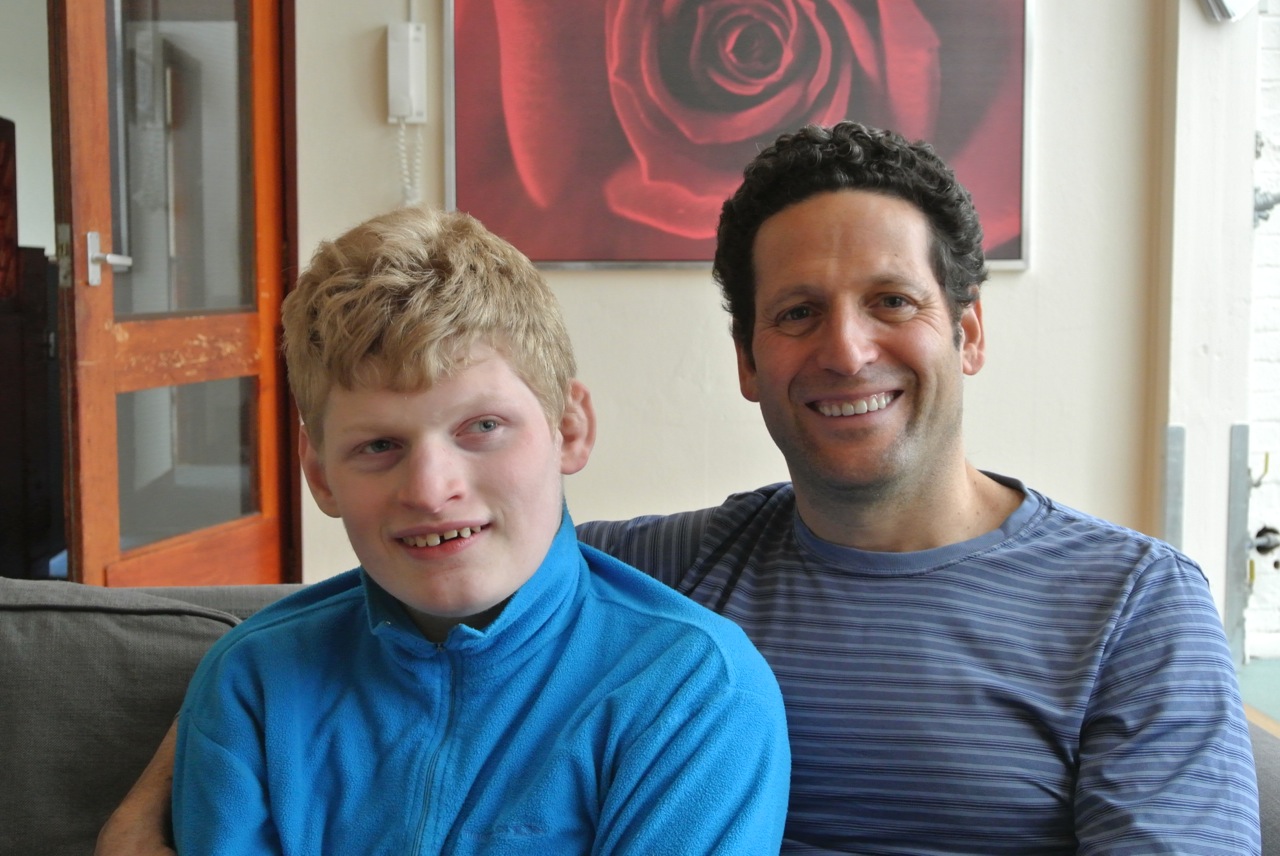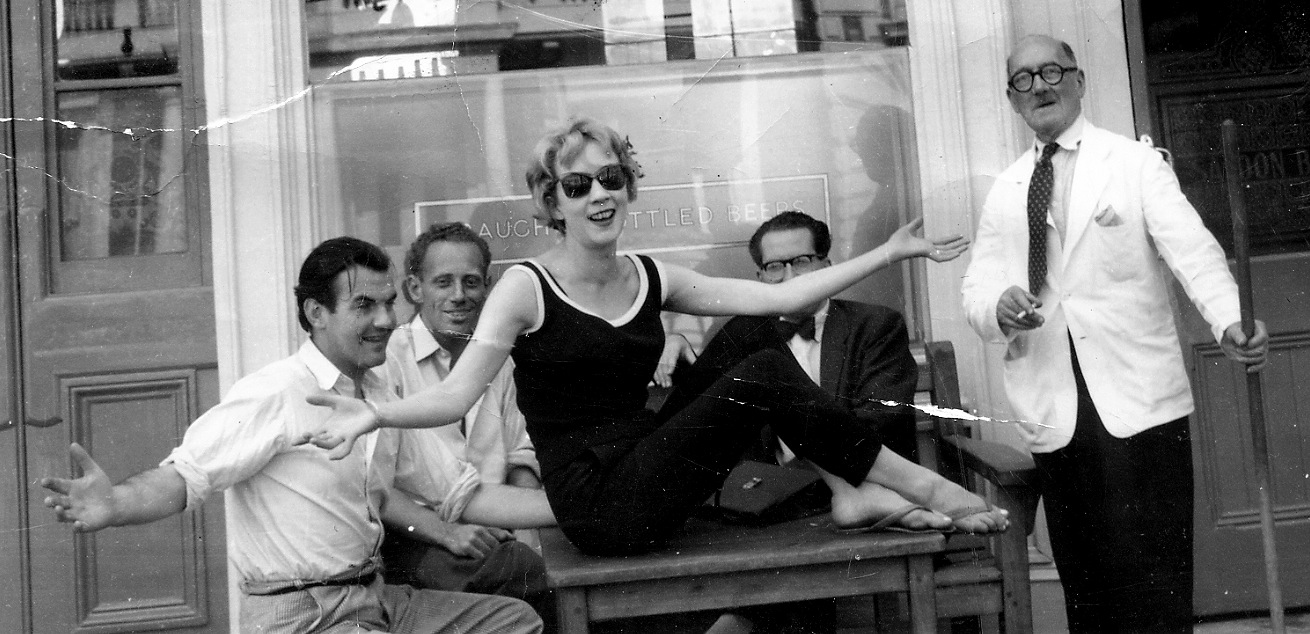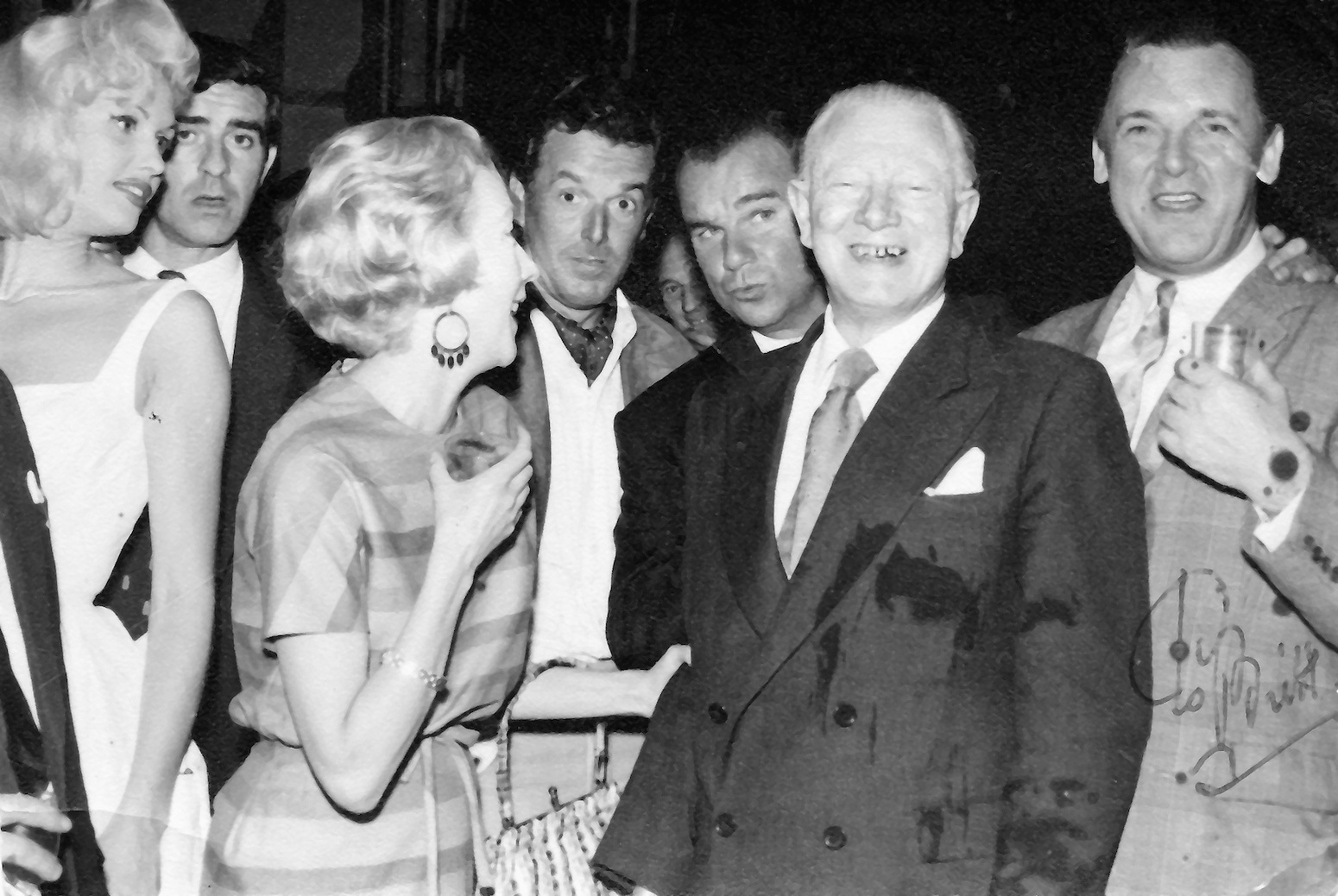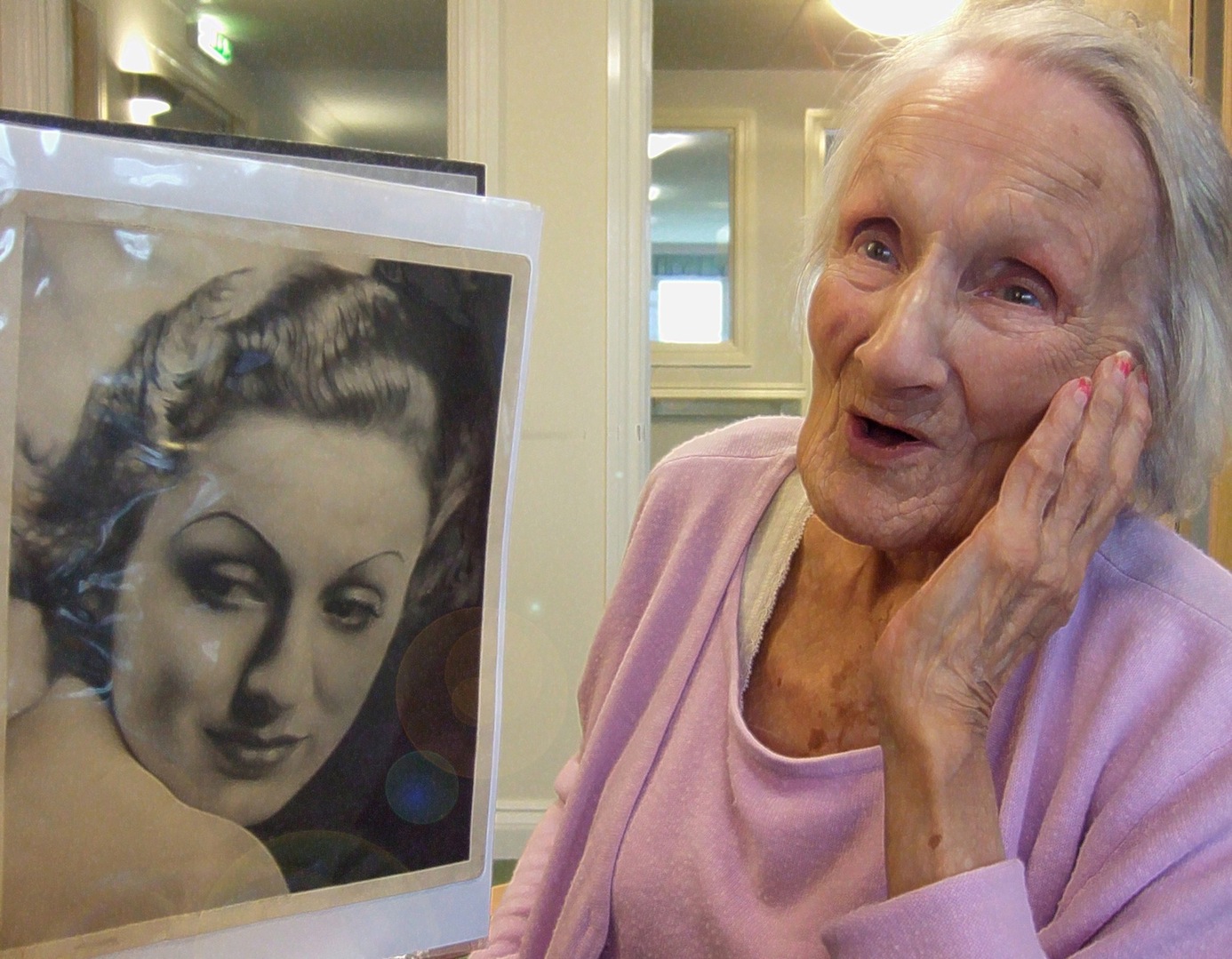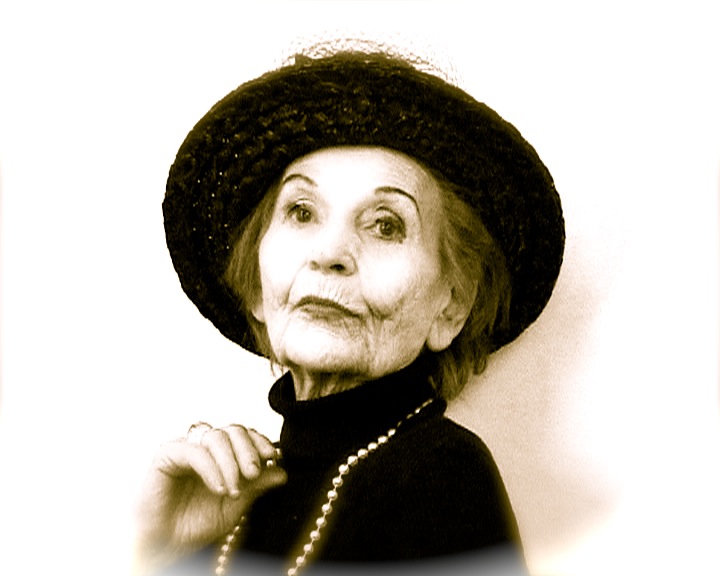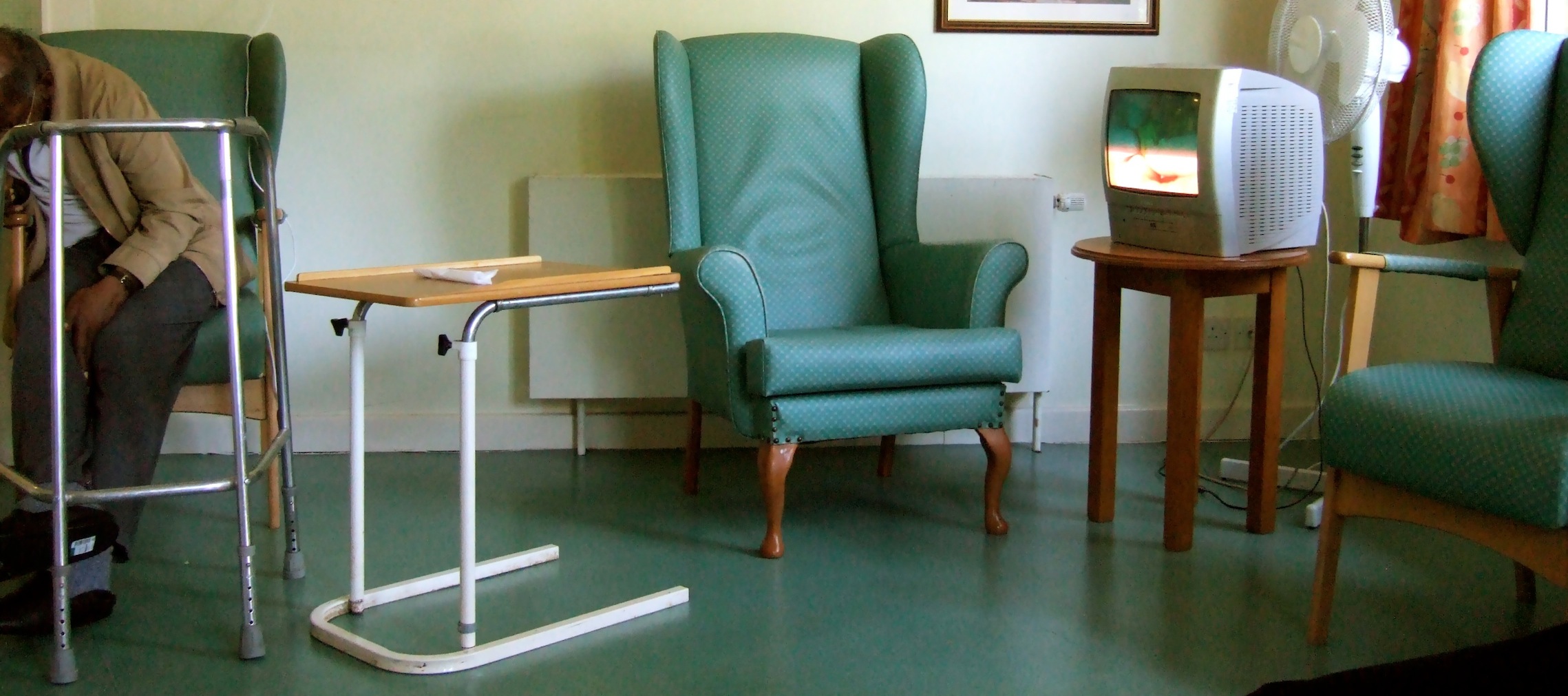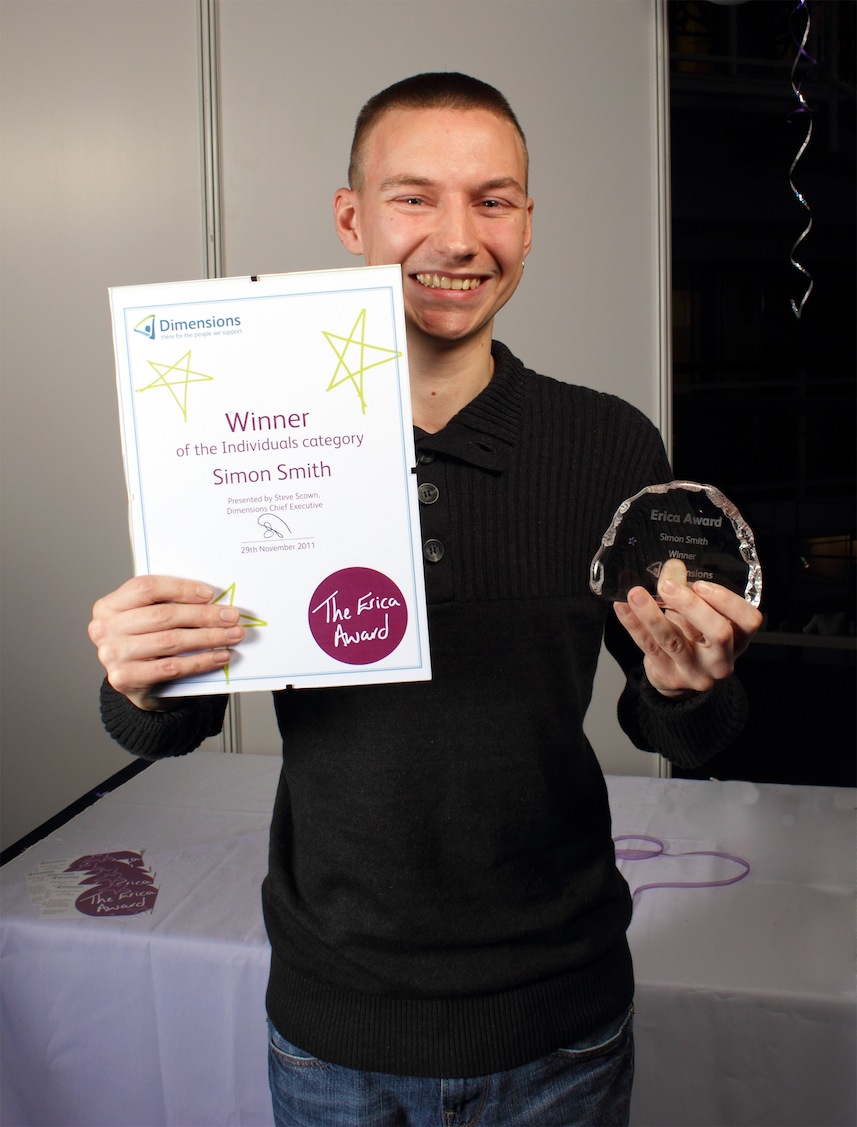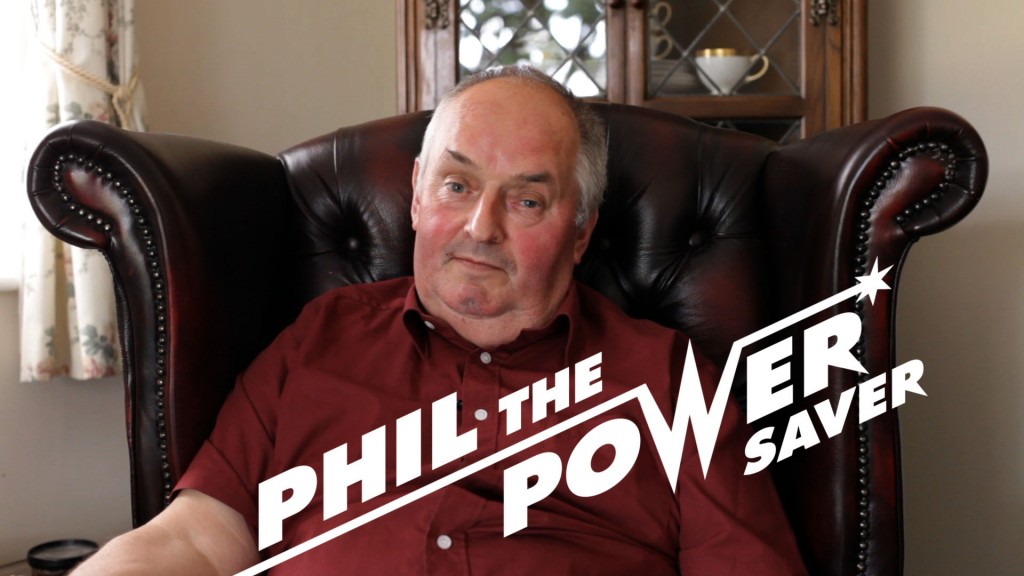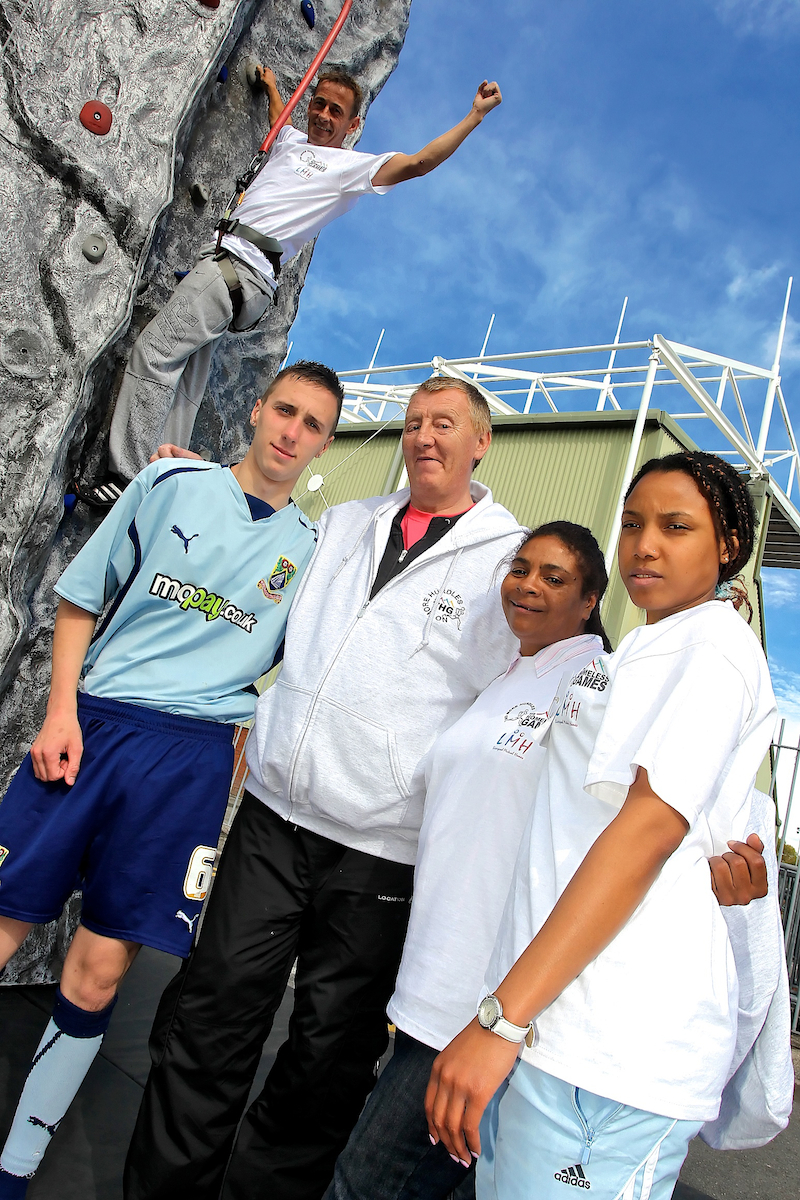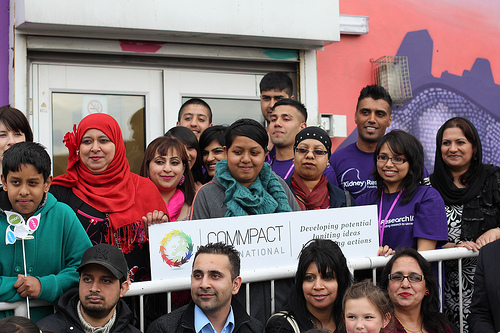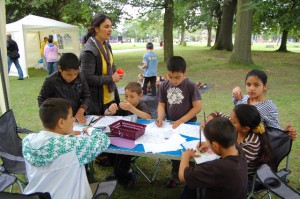I’m walking across the grounds of the psychiatric hospital on a very wet winter evening and a patient, let’s call him George, steps out from behind a bush to talk to me. He needs to tell me something that he feels is important and can’t wait.
We both stand for quite a while talking (he’s a staunch socialist and wants to talk politics) and both get soaked to the skin. I think to myself that it’s more respectful to hear what he wants to say then hurry on and seek shelter. As we eventually walk back to the ward together, he is calmer, seemingly content to have got his feelings off his chest.
This scene took place more than 20 years ago (I mention it in my book, Sticks and Stones) but I believe now what I thought then, that my exchange with George is what real empathy is all about. It’s what being non-judgmental is about, what being human is about, what being a nurse is about.
I have nursed enough people during my time as a mental health nurse to understand that life is a bit of a lottery. I have seen the elderly lose their dignity in nursing homes and in hospitals. This is not always through dementia. This could be depression or psychosis, or other debilitating illnesses depriving them of their confidence, self worth, and esteem.
But as the recent figures about suicide rates rising among the elderly show, mental health issues may be overlooked in older people as society mistakenly presumes dementia is the only condition older people experience. Another assumption is that depression is a normal part of ageing, because the elderly have more of a sense of their own mortality.
I hope that whatever befalls me in my old age I am shown the same respect and compassion as I believe I have shown others. There’s often a failure of respect not just because of deliberate neglect or a lack of compassion, but through ignorance – through not treating people as individuals or not meeting their emotional needs.
So how do we prevent this? Essentially it is around searching for the person behind the illness and stepping back for a second and thinking “how would I like to be treated if this was me?” or “would I like to be looked after in this environment?”
Of course I’m not arguing against the completion of care plans, but I do worry that the increasing onus on form-filling and box-ticking can deny care staff more time to spend with those they support. A care professional might be spending hours on admin, or typing up a care plan – but how does the person in their care know this is part of them being cared for? They’d rather have our face-to-face time I’m sure.
Person-centred care, as the name suggests, is meant to put the client at the heart of the care planning process. This care is collaborative and negotiated with the client (theoretically). However, often when someone is acutely psychotic and lacks all insight, nurses then become the advocate and the care must be planned depending on what is required to get the person well again. As for personalisation and personal budgets, the take up is sadly not as high as it should be; people worry about risk management and general funding pressures that can put people off.
Compared to when I was in a clinical setting, today’s care world involves a far more litigation and risk-averse culture which takes staff away from the client. At the time I knew George, I could spend longer in one to one sessions with clients, so could my colleagues, but more often than not, today’s staff are only allocated a set amount of time each shift to spend in one to one, face to face therapeutic sessions on the wards.
Staff cutbacks on the wards and in the community will also reduce the time staff can spend with clients in face to face interventions. However staff should still show empathy and be non judgmental in all approaches, because this is the essence of their roles.
Clearly, organisations promoting older people’s issues have a role to play in raising awareness and educating. We stigmatise the elderly as much as we stigmatise the young people, so we need more positive promotion of what the elderly can offer society. Countries like China and Japan, for example, revere the elderly and yet in this country I think some people view them as an afterthought, a burden.
The hospital where I met George has long since been converted into a block of expensive flats while the man himself, already in his 80s when we had that long rainy chat, will have passed away many years ago. But the memory of that evening stays with me as a reminder of the underlying principle of care as I see it; listening to, respecting and having the individual – not “the system” – as your main focus.


